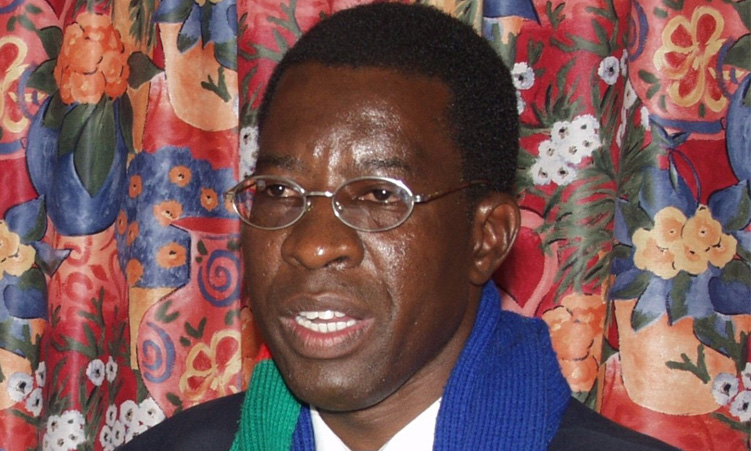The giant has moved on. One of our greatest thinkers has ceased to think. Where do we start and end? How do we remember this giant of a man? This is an individual with no beginning and no ending.
For a start, Rihupisa Kandando was someone who believed in the centrality of ideas as the moving force of progress in society. He didn’t believe in such vague concepts as sustainable development goals, even though he was a scientist by training. He would argue that development is a self-generating process.
As Africans, we all tend to say so and so was a pan-Africanist. Rihu, as he was affectionately known by many people, was a Marxist. And like all Leninists-Marxists, Rihu based his thinking on historical materialism (an approach to history that focused on the inevitability of progress through ongoing class struggle) and dialectical materialism (an approach to politics that focuses on how changes occur when contradictory forces collide and are resolved).
In most of his speeches and writings, as an individual, a Swanu cadre and later as president of the oldest liberation movement in Namibia, he would always deploy historical materialism to position his beloved party and the broader liberation struggle in its proper context.
He never wavered in his beliefs.
Through the lens of dialectical materialism, his understanding of the land issue as being central to the total liberation of not only Namibia, but all the countries that were colonised, he went beyond the so-called land distribution/resettlement position to argue for agrarian reforms.
We should not forget that Rihu was not just a politician and activist, but also a scientist, so the issue of food security and its relationship to health were some of his main areas of concern and interest.
Rihu, who died in December 2023, was that rare intellectual who rather than forcing his way into politics, had politics forced upon him. He was an activist from his student days, became a refugee, politician and scholar/teacher at the University of Namibia, and he was above all a humanist in the mould of the late Dr Kenneth Kaunda.
You would ask him: “Rihu, I am down financially, how can you help?” He would ask where you were because he was one of those individuals not well clued on the benefits of modern technology like e-wallets, so he would drive to where you were to give you the cash.
He was both intellectually controversial and confrontational in politics, as well as in science. He once told us that if there was no René Descartes, then there would be no Newton or Einstein. Whatever he meant by that was never clear to some of us. But in politics, he had to be controversial because he grew up at the feet of one of our revolutionaries – the late Uatjindua Ndjoze back in the 1970s and 80s.
Ndjoze was an organic intellectual and he had a lot of influence on those who grew up with him, including Rihu. He was an Antonio Gramsci of his time, if you like.
Rihu was very broad intellectually and could tackle any subject, from politics to scientific issues with relative ease. He was not afraid to engage both his own friends/comrades and those who hated some of his ideas and views, especially on the land question which he was so passionate about. He would always argue that you cannot address issues like unemployment, poverty and inequality in an ideological vacuum or from a neoliberal perspective, as is the case in Namibia and elsewhere.
Thus Rihu was not just an academic and an intellectual, above all, he was an ideological man.
– Alexectus Kaure is a freelance writer
Stay informed with The Namibian – your source for credible journalism. Get in-depth reporting and opinions for
only N$85 a month. Invest in journalism, invest in democracy –
Subscribe Now!






